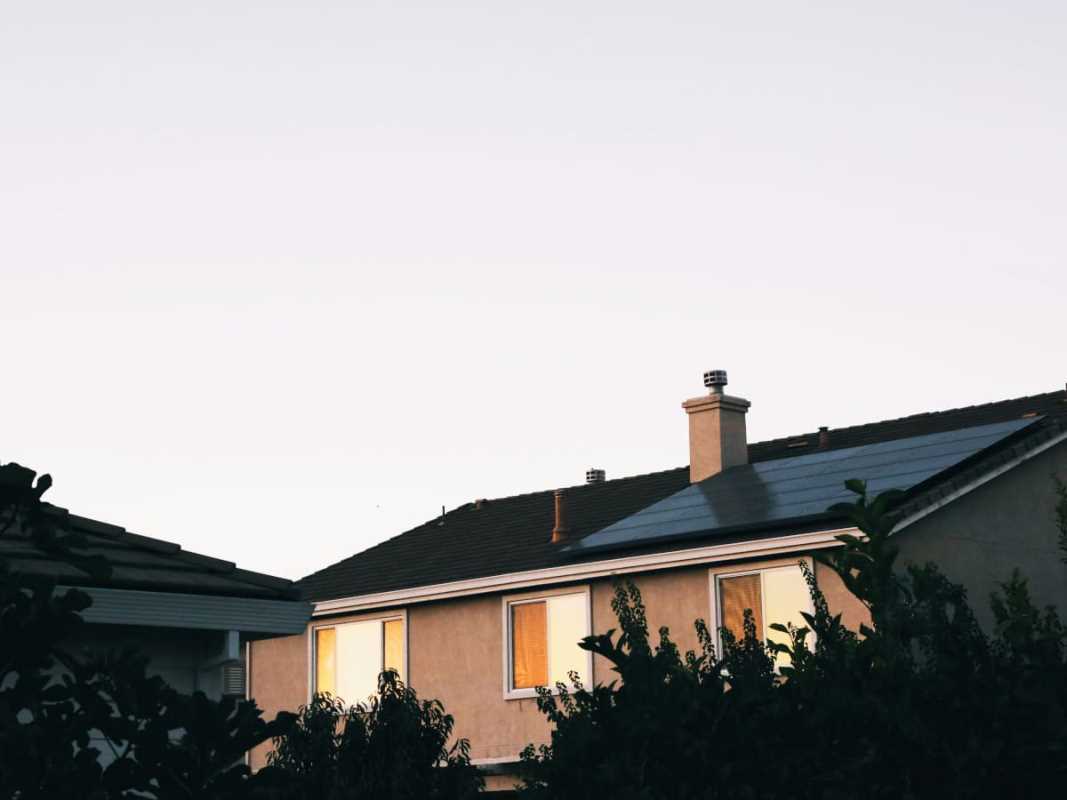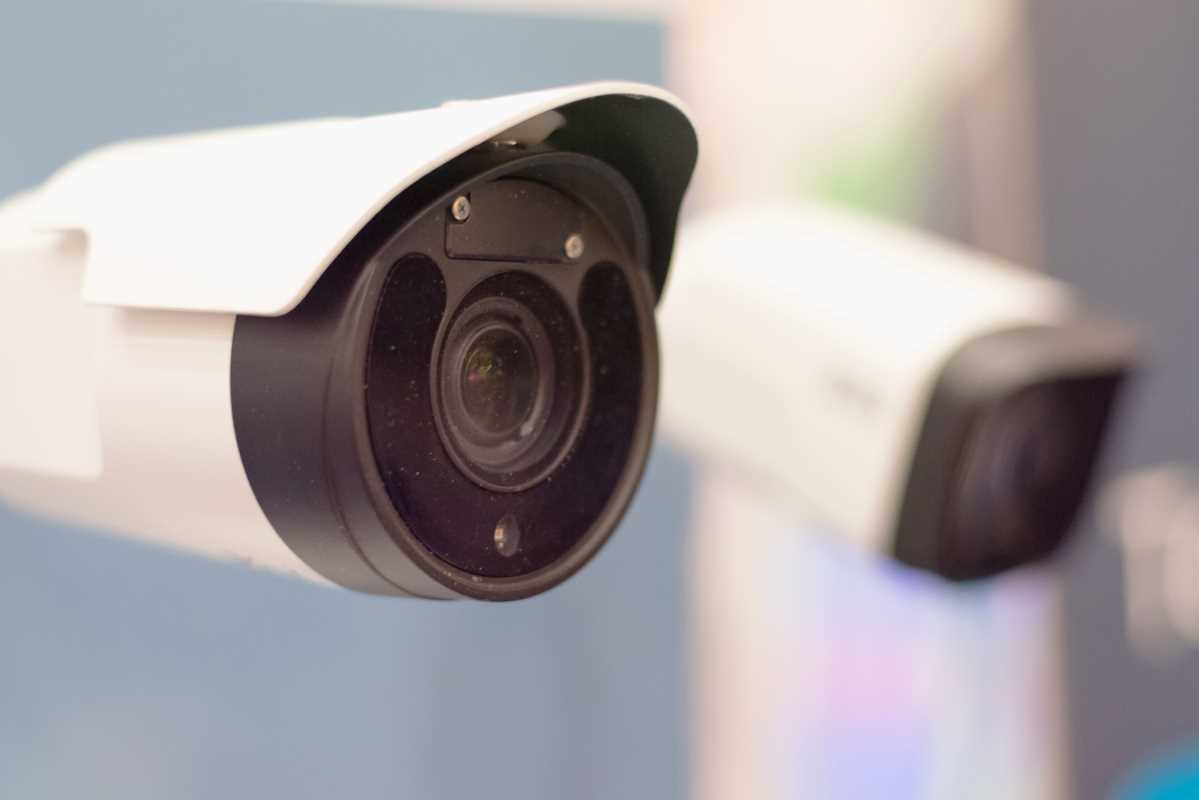Switching to solar energy can seem like a no-brainer for homeowners looking to save money on electricity and reduce their carbon footprint. The shiny panels on your roof come with a serious commitment that starts with signing a contract. Solar panel installation contracts are packed with legal and financial terms you need to understand before making the leap. They outline costs, maintenance responsibilities, payment methods, and, more importantly, what happens to your agreement if your circumstances change. By understanding the details, you’ll avoid future headaches, maintain flexibility, and keep your solar investment working in your favor.
Types of Solar Panel Payment Options
Solar installation contracts typically tie into your payment choice. Knowing the structure of your financial agreement is crucial before you sign. Below are some of the most popular options and what to keep in mind for each.
Solar Leasing Agreements
Leasing offers a way to benefit from solar panels without taking on full ownership. You’ll pay a monthly fee to use the equipment, usually around $50 to $250, depending on the size of the system and your energy needs. While this option avoids upfront costs, it also means you’ll never own the solar panels.
Leases often include annual price escalators that gradually increase your payment. A 3% escalation clause turns a $100-a-month lease into about $116 by year six. Contracts like these can be long-term commitments, often lasting 20 to 25 years. Before signing, confirm if lease payments are transferable to a new homeowner if you decide to move. Some buyers may hesitate to take on a lease they don’t fully understand.
Power Purchase Agreements (PPAs)
A PPA works like leasing, but instead of paying a fixed monthly fee, you pay for the power generated. With rates typically lower than standard electricity, this option can be cost-effective for those who can’t afford upfront installation. Similar to leasing, you won’t own the equipment.
Contracts often outline the minimum amount of energy you'll buy annually. Failure to meet this obligation could result in penalties. If you sell your home, the new owner would need to assume the terms of the PPA, which might be a deal-breaker depending on their preferences.
Solar Loans
Another common setup involves financing your panels through a solar loan. With this option, you pay for the system outright over time and own the equipment once the loan is paid off. Interest rates vary, but the long-term perks of ownership can outweigh the costs.
Monthly payments for solar loans are typically similar to a car loan, ranging from $100 to $300, depending on the interest rate and repayment period. Some contracts include clauses about prepayment penalties. Understanding these rules can save you money if you foresee the ability to pay the loan off early.
Pay-Per-Use
Some newer companies like SunRun offer pay-per-use models. This allows users to buy whatever energy they consume without long-term contracts. These models are still developing, but they can provide flexibility, especially for homeowners uncertain about solar as a long-term solution.
Important Clauses in Solar Contracts
Every line of your solar panel agreement matters. Here are key clauses that can make or break your satisfaction with the deal.
Ownership and Responsibility
Some contracts split ownership between the provider and homeowner. You might own the panels, but the inverter, which converts solar power to usable energy, belongs to the provider. Check who’s responsible for maintenance and repair costs. For leased systems, the company typically covers upkeep. For purchased systems, repairs might be your financial responsibility.
Performance Guarantees
Many companies guarantee a minimum energy output. A contract might state the panels will produce 90% of the agreed capacity in the first ten years or you’ll get a refund. Familiarize yourself with the terms to avoid surprises later.
Termination Fees
Ending your contract early usually comes at a price. Termination fees help protect companies from financial losses when agreements are cut short. Breaking a 20-year lease after five years might cost you several thousand dollars in penalties. Check that those details are front and center when discussing terms with the provider.
Transfer Policies
Selling your home can complicate solar contracts. While transferring leases or PPAs to new owners is possible, not every buyer will agree to take them on. Contracts spelling out transfer terms provide clarity. Buyers with strong credit scores may need to requalify for payment plans, adding an extra layer of stress to your real estate transaction.
Selling Your Home With a Solar Contract
Relocation often uncovers unexpected wrinkles in solar agreements. Many homeowners find themselves puzzled about what happens to their contract during the sales process. Without proper planning, you might encounter roadblocks that delay or derail the sale entirely.
Lease and PPA Challenges
Leases or PPAs tied to your panels involve an agreement that transfers to the new homeowner. Their credit qualifications could be a dealbreaker. Your buyer might love the idea of solar energy but fail to meet strict financing criteria. This situation forces you to either buy out the remainder of the lease or risk losing the sale.
Depending on the time left on the agreement, buying out a lease or PPA can cost anywhere from a few thousand to tens of thousands of dollars. Clearly outline these terms before listing your property, and be prepared to negotiate them with potential buyers.
Solar Loans and Home Equity
Loans tied to your solar panels (especially those secured through your home equity) require a different approach. Sellers with outstanding solar loans often find themselves balancing the payoff amount with the expected return on their home value.
You might owe $12,000 on the solar system, but buyers are unwilling to add that amount to the purchase price. Some sellers roll the outstanding amount into negotiations, offering to pay off part of the loan as an incentive to close the deal. Knowing your numbers ahead of time helps you communicate clearly with prospective buyers.
Owned Systems
Fully owning your solar system simplifies the sales process. Homes with owned systems typically sell faster and at higher prices. Buyers appreciate the long-term savings and lack of financial obligation. Include certified proof of ownership in your listing to showcase the added value of turnkey, hassle-free solar energy.






